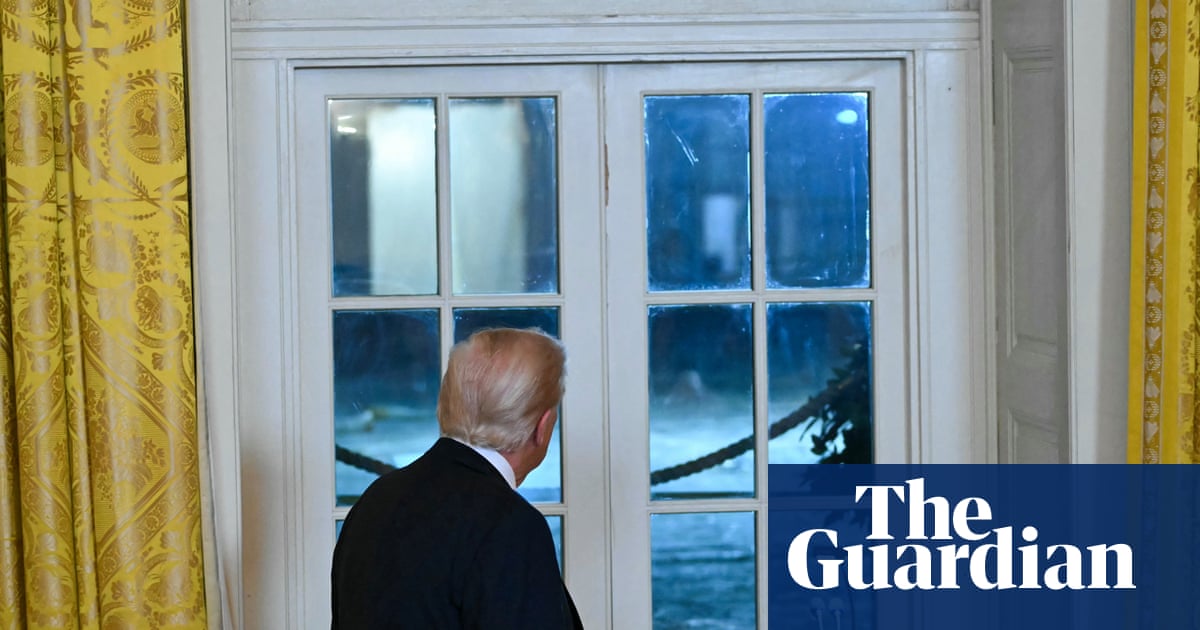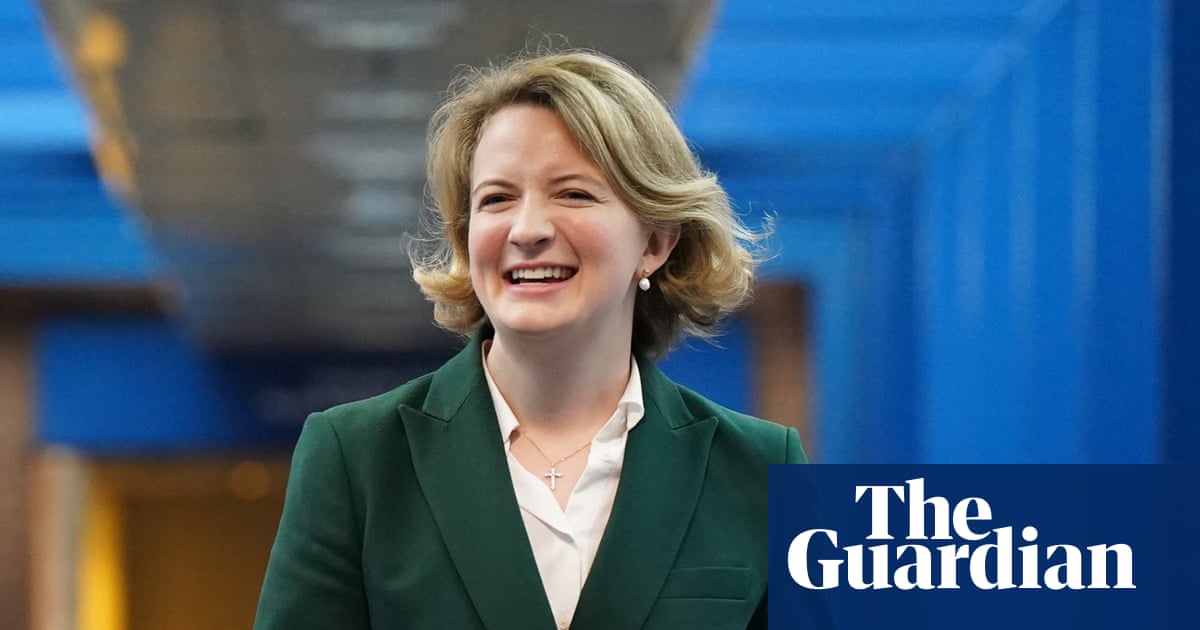University tuition fees in England are to rise in line with inflation, but only for institutions that meet “tough new quality thresholds”, the government has announced.
In an attempt to put the higher education sector on a firmer financial footing, all institutions will benefit from increased fees for the next two academic years, starting next September, the education secretary, Bridget Phillipson, told MPs on Monday.
Legislation will then be introduced to increase tuition fee caps automatically each academic year, but uplifts will be conditional on universities meeting high standards of teaching and pastoral care, as well as ensuring strong student outcomes.
The fee increases were announced as part of the government’s long-awaited post-16 education and skills white paper, which also unveiled plans for a new range of vocational qualifications, called V-levels, on offer alongside A-levels and T-levels.
Outlining the proposals, Phillipson said: “Universities charge significant fees for their courses. If they are going to charge the maximum, it is right that they deliver the world-class education students expect.
“These reforms will ensure value for money, higher standards across our universities and colleges and a renewed focus on the skills our economy needs.”
Tuition fees in England went up for the first time in eight years in September, taking annual payments for each student up to a record £9,535.
However, the independent regulator for higher education in England, the Office for Students (OfS), forecast that 43% of institutions would be in deficit without further intervention to shore up their finances.
Maintenance loans will also automatically increase each year to help students struggling with the cost of living, with the biggest cash increases going to those from the lowest income households.
In a warning to vice-chancellors, Phillipson said: “We will not allow institutions who don’t take quality seriously to make their students pay more.” Universities that underperform could face financial and regulatory consequences.
The government also announced plans to tighten controls on franchising arrangements – in which a university contracts another organisation to teach all or part of a course on its behalf – to protect public money and clamp down on abuse of the system by recruitment agents.
The chief executive of Universities UK, Vivienne Stern, welcomed the fee increases. “Today’s white paper offers a much-needed reset for our university system. It makes clear that universities are a huge national asset, rightly admired around the world. We need them to be in great shape if we want national renewal.”
after newsletter promotion
There was a largely positive reaction to the government’s plans to raise the profile of further education colleges and invest in vocational education. Under the proposals, V-levels would replace the 900 current vocational and technical qualifications, including BTecs.
The aim is to simplify the post-16 qualifications landscape, but there were concerns about the loss of BTecs, which many students and colleges value.
Peter Urwin, the director of the centre for employment research and a professor of applied economics at the University of Westminster, said: “The government rightly suggests that the further education sector is central to social mobility. However, further disruption is the last thing that is needed, and this initiative will do nothing to tackle the high number of young people not in education, employment or training (Neet).”
The white paper also outlines planned changes to the GCSE maths and English resit policy, which requires students who do not achieve a grade 4 pass in both to keep retaking them while in post-16 schooling.
Most continue to fall short of the required grade, so the government is planning to introduce a new “stepping stone” qualification targeted at students with lower attainment to better prepare them to resit these GCSEs.

.png) 4 hours ago
3
4 hours ago
3

















































